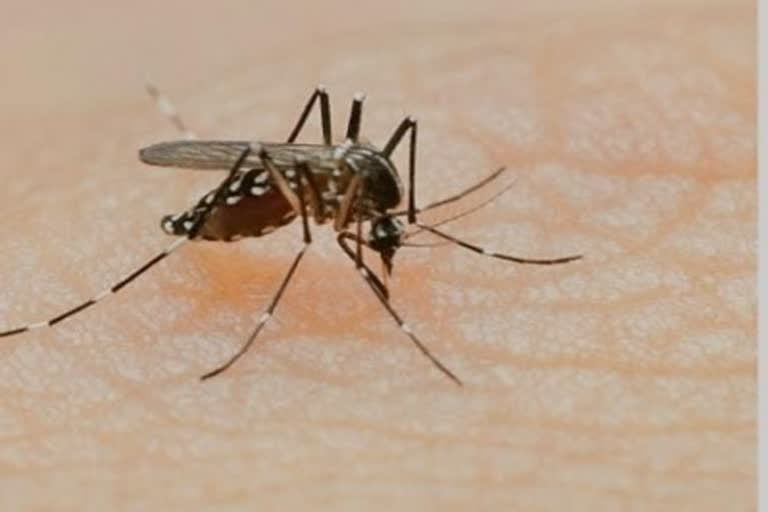New Delhi: The number of malaria cases in India has fallen by a staggering 86 percent since 2015 and there has been a 79-percent reduction in the number of deaths caused by the disease between 2015 and 2021, according to a report by non-profit organisation Malaria No More.
India's budgetary allocation to fight malaria more than doubled between 2017 and 2019 and it was made a notifiable disease in 31 states and Union territories, the report titled "India's march towards malaria elimination" said. This was complemented by the distribution of over nine crore long-lasting insecticidal nets, 4.8 crore of which were distributed between 2019 and 2021.
Also read: Delhi HC suggests task force to combat dengue, malaria spread
The government aims at eliminating malaria from the country by 2030. Some critical challenges that remain to be addressed include getting a greater participation from the private sector, individuals and communities to put up a joint fight against the disease, the report stated. The private sector's participation in effective reporting of malaria, digging out asymptomatic or hidden malaria cases, improved real-time case reporting and technological innovation are areas that require more work.
Malaria in India is perceived as a poor man's disease, thus receiving low priority in the public health agenda. A pertinent need is increased action and attention from the government, Pratik Kumar, country director of Malaria No More, said while addressing a media sensitisation workshop on malaria organised here on Wednesday.
"However, this ambitious goal cannot be achieved solely by the government and requires active participation and support from all sections of the society. All hands must join in the effort to eliminate malaria so that India can achieve the goal of eliminating the disease from the country by 2030," Kumar said.
"The fight against malaria has recorded immense progress in the recent years. However, as seen in the past, malaria has a history of bouncing back with a vengeance. Through active media attention, key gaps and issues can be regularly highlighted, ensuring that those are addressed in strategic and policy decisions. This will help India expedite our efforts towards malaria elimination," added Kirti Mishra, chief technical officer, Odisha, Malaria No More. (PTI)



